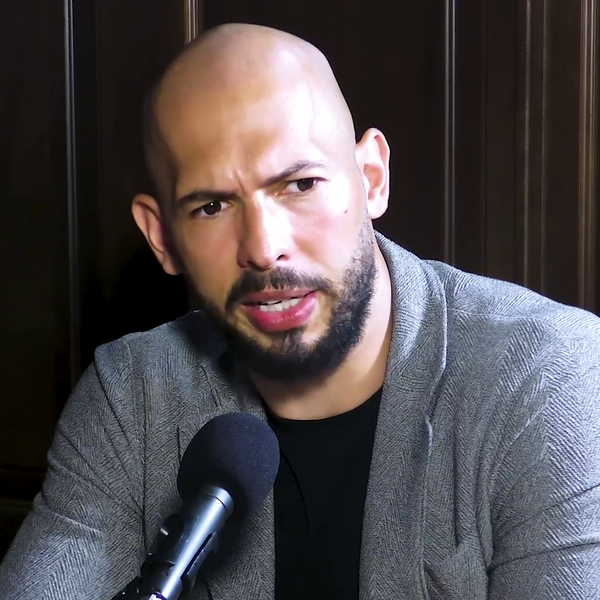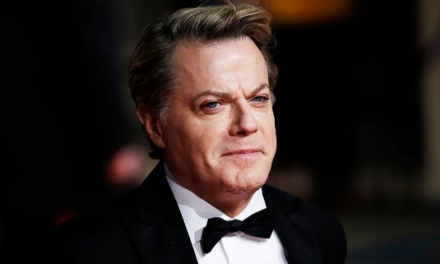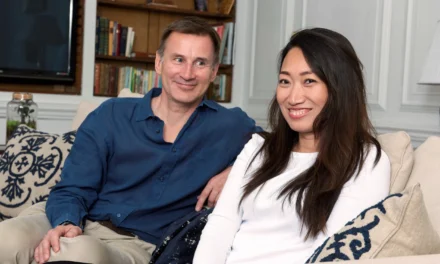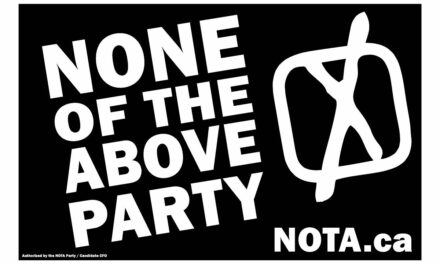The Director-General of the BBC has reportedly joined Andrew Tate’s “War Room.” This collaboration has raised eyebrows and ignited a flurry of speculation regarding the motives and implications of such a partnership.
Andrew Tate, a controversial figure known for his divisive views, has created the “War Room,” an online platform aimed at challenging mainstream narratives and promoting alternative perspectives. The inclusion of the BBC’s Director-General in this initiative has sparked both curiosity and controversy.
Critics argue that this collaboration blurs the lines between the BBC’s commitment to impartiality and the potential influence of a platform known for promoting controversial and often polarising content. They express concern over the potential impact on the BBC’s credibility and its ability to fulfil its role as a trusted source of news and information.
Proponents of the partnership contend that it reflects a commitment to engaging with diverse voices and promoting dialogue. They argue that by participating in the “War Room,” the Director-General can better understand alternative viewpoints and ensure that the BBC remains relevant in an evolving media landscape.
The BBC’s Director-General, in response to the controversy, released a statement clarifying the intentions behind their involvement. They emphasised the importance of engaging with a wide range of perspectives and fostering a deeper understanding of public sentiment. They reiterated the BBC’s commitment to impartiality and maintaining editorial standards while exploring new avenues for reaching audiences.
As the collaboration between the BBC’s Director-General and Andrew Tate’s “War Room” unfolds, it will undoubtedly continue to spark debates and discussions regarding media impartiality, freedom of expression, and the role of established institutions in a changing media landscape.
Critics argue that maintaining a clear distinction between the BBC’s journalistic integrity and external platforms with a specific agenda is essential to preserve public trust. Supporters suggest that embracing diverse perspectives and engaging in constructive dialogue is necessary to remain relevant and responsive to the evolving needs of audiences.
The ultimate impact of this partnership remains to be seen. As public trust in media organisations is paramount, it is vital that the BBC maintains its commitment to impartiality and transparency throughout the collaboration. By doing so, it can navigate the challenges of a rapidly changing media landscape while upholding its role as a trusted and respected institution.
















